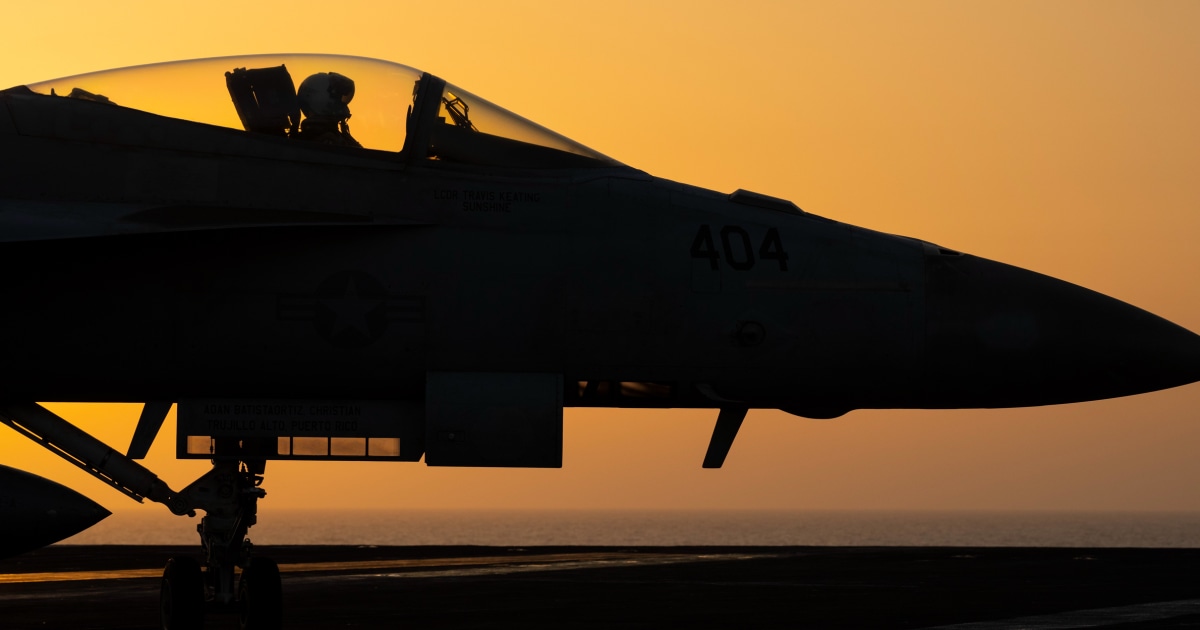World
Trump assassination attempt: How US Secret Service protects former presidents

The corridors of power in and beyond the United States were taken aback by shock on Saturday (July 13) when a gunman fired at Donald Trump at a rally in Pennsylvania. As a bloodied Donald Trump was swiftly escorted to safety by Secret Service agents, questions are mounting on purported security lapses that have created a seminal moment in Trump’s flamboyant public life.
US Secret Service spokesperson claimed that there is an untrue assertion that a member of Trump’s team requested additional security resources and that those were rebuffed. “This is absolutely false. In fact, we added protective resources and technology and capabilities as part of the increased campaign travel tempo.”
Focus on Security Lapses
The attack has sparked serious questions about the security measures in place for former US presidents. The United States Secret Service, one of the nation’s oldest federal investigative law enforcement agencies, is responsible for protecting former presidents and their spouses.
Also watch | Donald Trump rally shooting: What we know so far
In 1965, the US Congress authorised the Secret Service to protect former presidents and their spouses for life unless they decline protection. Richard Nixon is the only president who gave up his Secret Service protection in 1985. Security measures for former presidents are decided on the basis of intelligence assessments and the level of perceived threats.
How former US presidents are protected?
The Secret Service collaborates with other federal, state, and local agencies to provide comprehensive protection to the former US presidents and their spouses. This includes the Secret Service Uniformed Division, the Metropolitan Police Department, and the US Park Police.
The US military also supports the Secret Service with Explosive Ordnance Disposal teams and communications resources.
Security detail when president, his predecessors travel
When a president travels, an advance team of Secret Service agents coordinates with local law enforcement and public safety officials to implement necessary security measures.
According to Ronald Kessler, author of ‘In the President’s Secret Service’, former presidents can remain targets for terrorists, sometimes requiring up to 75 officers for round-the-clock protection shortly after leaving office.
How Donald Trump is protected by US Secret Service
Former Secret Service agent Tim Miller notes that Donald Trump’s security is unique due to his dual status as a former president and a presidential candidate. This adds complexity as Trump frequently travels. Unlike other former presidents who lead relatively private lives post-presidency, Trump maintains a more public and active profile.
Despite a number of federal cases and indictments on Donald Trump, the Secret Service ensures continuous protection. Nobody else is delegated of securing Trump.
Recently, the Secret Service announced the addition of “protective resources and capabilities” to Trump’s security detail, though specific details were not disclosed.
At Trump’s campaign stops, local police assist the Secret Service in securing venues.
Prior to events, agents scan for bombs and other threats. Trump typically arrives in a fortified motorcade, and attendees undergo thorough security checks, including metal detectors and bag searches.
Presidential protection is legislatively protected
Former President Barack Obama signed the Former Presidents Protection Act in 2012, reinstating lifetime Secret Service protection for former presidents. This reversed a 1994 law limiting protection to 10 years. Some lawmakers, like Republican Representative Howard Coble of North Carolina, argued that former presidents should fund their own security due to their lucrative post-presidential careers.










